Running a medical practice requires tireless attention to detail and this extends beyond providing patient care and treatment. These practices handle massive amounts of paperwork and data, from insurance information to medical history and more. And administrative staff must monitor and manage all of this effectively.
To do so requires strong digital skills and platforms that make the management process as seamless and effective as possible. These platforms must also allow medical professionals to access information in a timely manner so they can properly respond to patient needs. Most importantly, healthcare organizations need to protect patient privacy at all times.
Failure to manage data privacy can lead to serious consequences, ranging from loss of patients to far more damaging issues like costly HIPAA violations. If administrative systems aren’t properly digitized and monitored, it’s only a matter of time before someone improperly uses or accesses data. And this can result in costly regulatory intervention or other serious consequences.
Let’s explore the HIPAA complaint investigation process, how governing bodies review the management and proper use of patient data, and how to avoid HIPAA violations using stronger security and digitization measures going forward.
How long is a HIPAA violation investigation?
A HIPAA violation occurs when a “covered entity under HIPAA” fails to comply with the law’s privacy, security, or breach notification rules. This can happen through improper discussion or disclosure of protected health information (PHI). Another significant issue can arise from poor risk management and safeguards, which can cause breaches in your organization’s ability to maintain PHI. The Office of Civil Rights (OCR) regulates and manages these issues.
When such a violation happens, a client must file a complaint within 180 days of the incident for an investigation to take place. However, the OCR may extend this period if the client can show good cause. The investigation duration varies based on the size and severity of the violation, ranging from weeks to months. Eventual fines and punishments are determined by a four-tiered system. Beyond that, depending on the results of the investigation, the practice also has the right to appeal the decision, which can extend the process even further.
What happens after a HIPAA complaint is filed?
The OCR requires cooperation from all parties involved to determine whether a violation occurred. If the complaint is filed within the required 180-day period and the office accepts it, the OCR will request relevant information from both parties. For example, they may request access logs and details on how the covered entity stored and managed the information. Covered entities are required to comply with every aspect of the investigation, and may lose their license to operate if they don’t.
At the end of the investigation, the OCR usually issues a letter stating whether the covered entity violated HIPAA in any way. If a violation is found, the entity must comply with regulation, take corrective action, and agree to the resolution. Often, this is some form of “civil money penalties” that can range from $100 to $50,000 or more. But beyond avoiding fines, HIPAA compliance is about respecting and responsibly handling patient data and demonstrating a practice’s trustworthiness.
How can practices avoid future HIPAA violations?
Ideally, practices avoid HIPAA violations by properly managing and distributing data according to the law. To achieve this, they must ensure their systems collect, store, and transmit data securely at all times.
Paper-based methods are outdated, and some digital solutions lack strong privacy protection. With online form builder Jotform, medical practices can collect health information more safely and easily with HIPAA-friendly forms. Providers can then share these forms for collaboration, access them on mobile devices, and integrate them with administrative systems. And they can do all this while better preventing any breaches or slip ups in security.
Medical practices strive to avoid HIPAA violations, but without the proper preparation, issues may be inevitable. Analog and unprotected systems leave gaps that lead to problems that can invite investigations and prevent administrators from serving patients effectively. But with the right digital tools and a foolproof system, healthcare providers can better collect and store data while offering patients the most secure, effective care possible. And as a result, they can avoid the risks of a HIPAA complaint.
This article is designed for healthcare administrators, compliance officers, medical practice managers, and IT professionals working in the healthcare sector







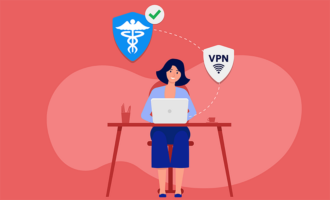






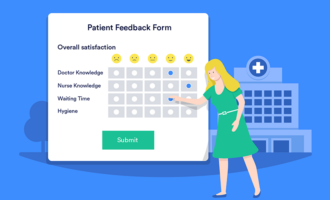


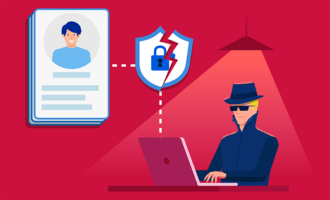

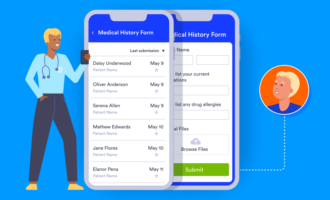



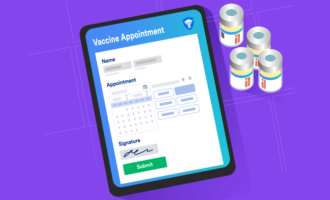




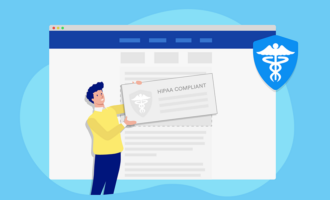












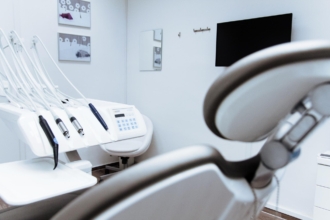
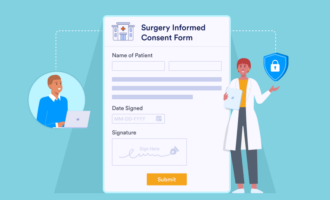






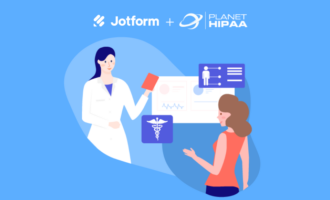



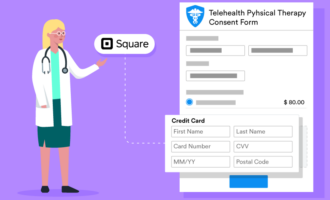











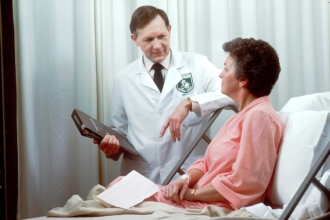
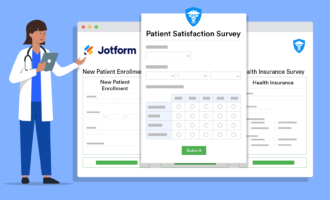


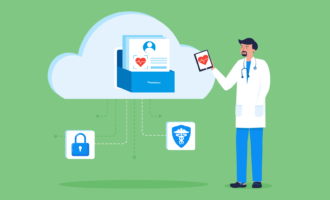
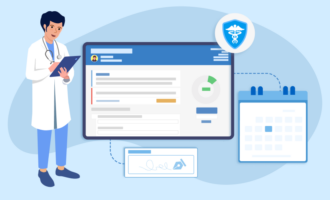



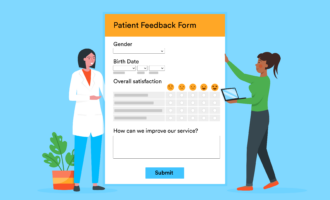

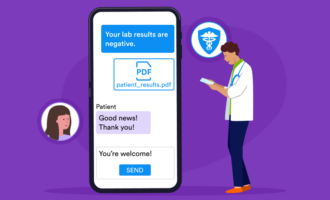




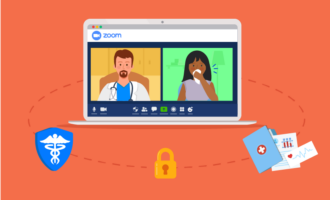





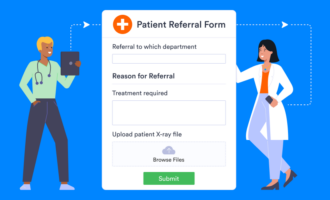
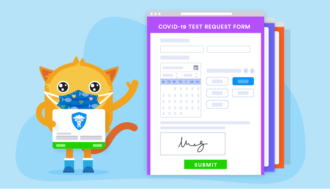





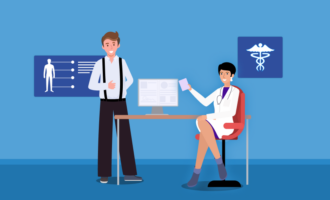




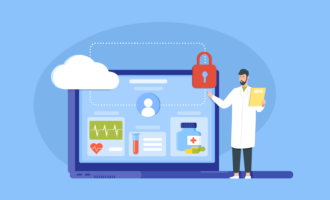


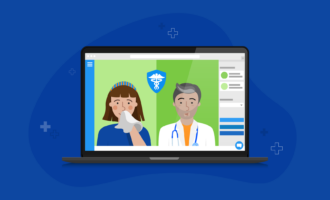
Send Comment: